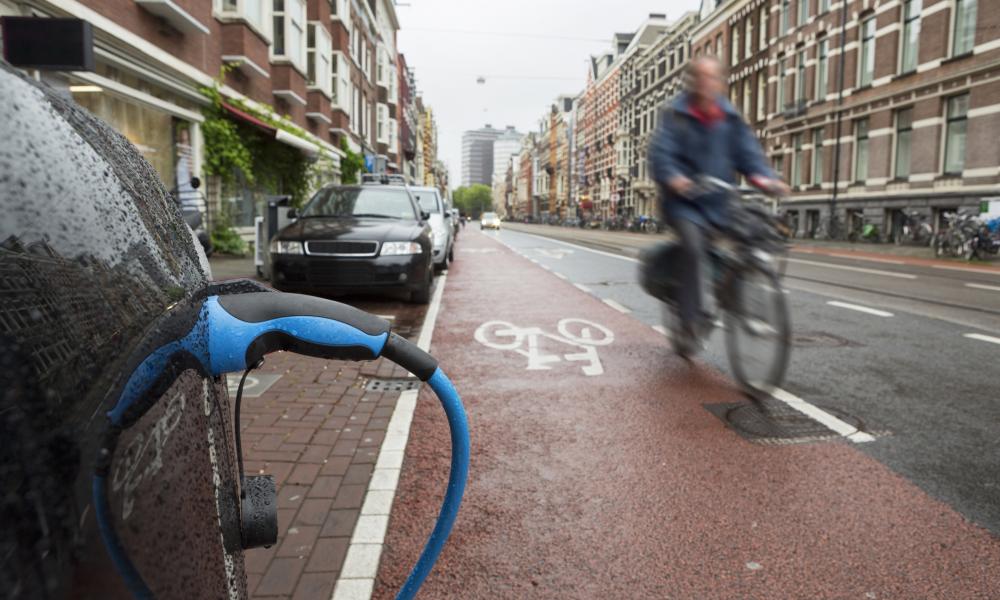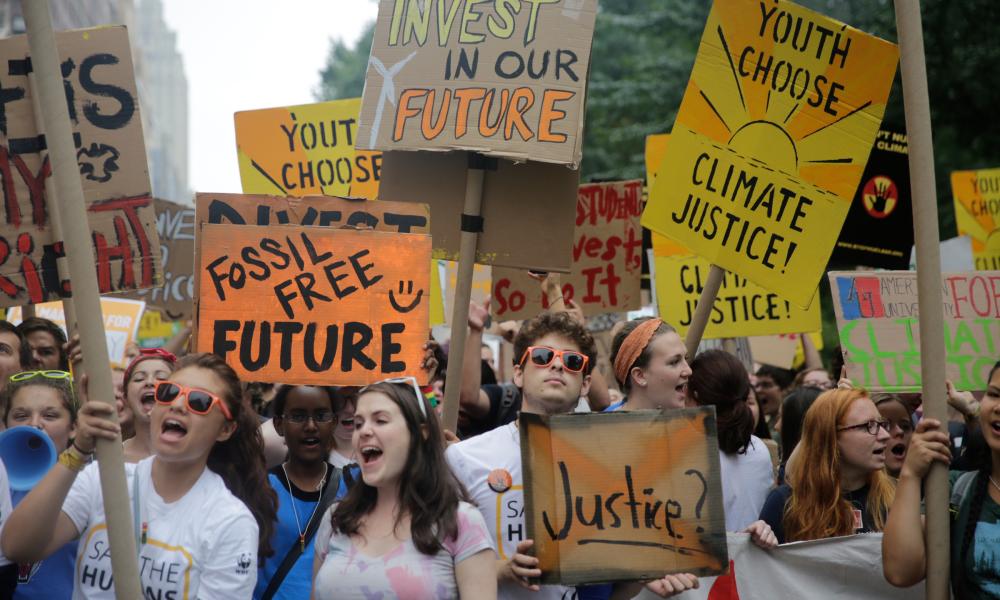Tackling climate change will mean making some big adjustments to the way we live - but it could also bring a greener, healthier future for all of us.
By keeping their climate promises through bold action, the UK Government and world leaders can deliver a better future. Here are ten ways we will all benefit.
“ Everything is set for us to win this future. We have a plan. We know what to do. There is a path to sustainability. It is a path that could lead to a better future for all life on Earth. We must let our politicians and business leaders know that we understand this, that this vision for the future is not just something we need, it is something, above all, that we want.” David Attenborough, A Life on Our Planet

1. More wildlife
To keep the promises the Government has made on reducing carbon levels by 2030, green space near homes will need to be expanded: nature is our best way of storing more carbon from the air. This will not only provide more nature for us to enjoy, but will bring a much needed boost to local wildlife - something all of us can appreciate.

2. More money in our pockets
There can sometimes be concern about how much cutting emissions and tackling climate change is going to cost – particularly for those already on lower incomes.
However, the research shows us that with the right policies in place, tackling climate change could actually make many of us better off than we are now – and all of us better off than letting climate change get worse. For example, by improving the energy efficiency of our homes, households could spend on average £400 less on energy bills each year, helping to protect the 2.5 million households in fuel poverty in England alone. By making sure green action is delivered fairly, Government can make sure we are all better off.

3. Cleaner air and a healthier workforce
A major benefit of green actions such as cleaner transport, would be an improvement in air quality. There could be 17,000 fewer deaths a year from respiratory illnesses if air quality in the UK were brought up to the standards of the World Health Organisation by 2030.
This is also good for businesses. Data from CBI Economics found that this rise in air quality would also gain 3 million working days per year.

4. Better physical and mental health
As well as the health benefits of cleaner air, the science shows that more access to local green space also brings improved health. Studies show that a 10% increase in exposure to green space means that households near these green spaces will have expected health outcomes of someone around 5 years younger.
There’s also growing evidence about the benefits of nature to our mental wellbeing. Explore some of the research here.

5. Cleaner seas and a boost to tourism
Most people know that trees are vital to tackling carbon change, but did you know that our oceans play just as an important role in absorbing carbon? To tackle climate change, by 2030 we need to protect bigger areas of our seas (through Marine Protected Areas). This will help more marine life to flourish and increase the amount of carbon stored.
But it’s not just marine life that would benefit – cleaner oceans would yield net gains of £10.5 billion and support 12,000 jobs in the tourism and recreation sector, helping local communities to thrive.

6. Higher wages
As well as savings on things like energy bills and fuel costs, green action will help to boost wages. Research shows that a new job in a low carbon industry has a median annual gross income 30% higher than wages in a carbon-intensive industry.

7. A boost to British jobs
A huge opportunity in the fight against climate change is the boost to British jobs and manufacturing – and the quicker we act the better. For example, data shows that by bringing forward the ban on sales of new polluting cars from 2035 to 2030, the government has ensured that an additional 32,000 new jobs will be created by 2030. Investment by the UK government in public transport, such as electric rail and bus services, could create 230,000 jobs in these sectors throughout the UK.
By contrast, if the UK government doesn’t invest in battery and EV manufacturing then there is a risk that the production of EVs could move out of the UK. Without UK battery manufacturing, car production in the UK would decline and there would be a potential loss of 114,000 existing automotive jobs by 2040.

8. A fairer future
Taking green action could also help us build a fairer future for everyone: that means big polluters paying up, and greater support provided for local communities and those who need it most, in return.
Evidence shows that green policies can be most beneficial to those with the lowest incomes and the greatest employment challenges. For example, almost half (46%) of low-income households are likely to benefit from better public transport, as they don’t have access to a car. Similarly, more investment in nature restoration could create over 16,000 jobs in areas of the country likely to face the most significant employment challenges post-pandemic – as well as boosting access to nature.

9. Protection for our pensions
Action taken in the financial sector by 2030 would make sure pensions are protected from the effects of climate change. Studies show pension fund values will be 2% higher than if there is either no action at all, or if the move to cut emissions is delayed.
This is good news for all of us saving for retirement, as well as leading to reduced costs for businesses.

10. A healthy economy
The sooner we invest in green action, the better it will be for the British economy. The science shows that acting now will halve the overall cost of decarbonisation, in comparison to action in a decade’s time; while the Bank of England estimates that GDP will be five times lower in 2050 if no action on the climate is taken at all, compared to early action to achieve net-zero.
Acting quickly will also help businesses, who will be able to tap into greater export potential, particularly in offshore wind goods and services. Vivid Economics estimates that the turnover from green exports could grow from around £5 billion today to £80 billion per year by 2050.

 5 ways to help our wellbeing with nature
5 ways to help our wellbeing with nature
 Why UK seas and coasts are important
Why UK seas and coasts are important
 Here are 10 myths about climate change
Here are 10 myths about climate change
 How we can fight climate change
How we can fight climate change